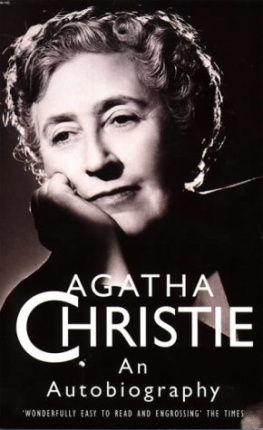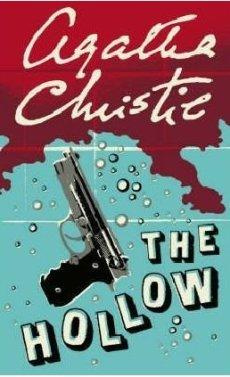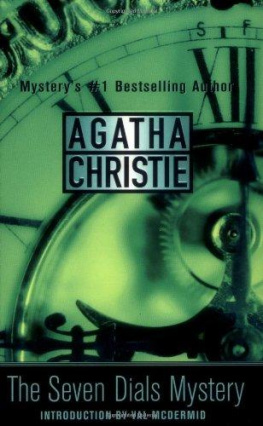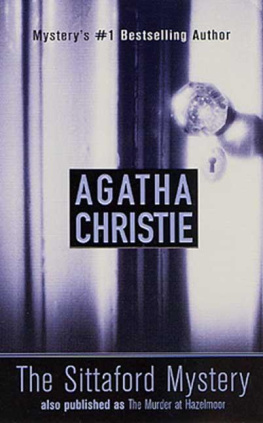Agatha Christie - The Big Four
Here you can read online Agatha Christie - The Big Four full text of the book (entire story) in english for free. Download pdf and epub, get meaning, cover and reviews about this ebook. year: 1927, genre: Detective and thriller. Description of the work, (preface) as well as reviews are available. Best literature library LitArk.com created for fans of good reading and offers a wide selection of genres:
Romance novel
Science fiction
Adventure
Detective
Science
History
Home and family
Prose
Art
Politics
Computer
Non-fiction
Religion
Business
Children
Humor
Choose a favorite category and find really read worthwhile books. Enjoy immersion in the world of imagination, feel the emotions of the characters or learn something new for yourself, make an fascinating discovery.
- Book:The Big Four
- Author:
- Genre:
- Year:1927
- Rating:5 / 5
- Favourites:Add to favourites
- Your mark:
- 100
- 1
- 2
- 3
- 4
- 5
The Big Four: summary, description and annotation
We offer to read an annotation, description, summary or preface (depends on what the author of the book "The Big Four" wrote himself). If you haven't found the necessary information about the book — write in the comments, we will try to find it.
The Big Four — read online for free the complete book (whole text) full work
Below is the text of the book, divided by pages. System saving the place of the last page read, allows you to conveniently read the book "The Big Four" online for free, without having to search again every time where you left off. Put a bookmark, and you can go to the page where you finished reading at any time.
Font size:
Interval:
Bookmark:
The Big Four
THE YELLOW JASMINE MYSTERY
It was all very well for Poirot to say that we were acquiring information all the time and gaining an insight into our adversaries' minds - I felt myself that I required some more tangible success than this.
Since we had come into contact with the Big Four, they had committed two murders, abducted Halliday, and had been within an ace of killing Poirot and myself; whereas so far we had hardly scored a point in the game.
Poirot treated my complaints lightly.
So far, Hastings, he said, "they laugh. That is true, but you have a proverb, have you not: 'He laughs best who laughs at the end'? And at the end, mon ami, you shall see.
You must remember, too, he added, that we deal with no ordinary criminal, but with the second greatest brain in the world.
I forbore to pander to his conceit by asking the obvious question. I knew the answer, at least I knew what Poirot's answer would be, and instead I tried without success to elicit some information as to what steps he was taking to track down the enemy. As usual he had kept me completely in the dark as to his movements, but I gathered that he was in touch with secret service agents in India, China, and Russia, and, from his occasional bursts of self-glorification, that he was at least progressing in his favourite game of gauging his enemy's mind.
He had abandoned his private practice almost entirely, and I know that at this time he refused some remarkably handsome fees. True, he would sometimes investigate cases which intrigued him, but he usually dropped them the moment he was convinced that they had no connection with the activities of the Big Four.
This attitude of his was remarkably profitable to our friend, Inspector Japp. Undeniably he gained much kudos for solving several problems in which his success was really due to a half-contemptuous hint from Poirot.
In return for such service Japp supplied full details of any case which he thought might interest the little Belgian, and when he was put in charge of what the newspaper called The Yellow Jasmine Mystery, he wired Poirot, asking him whether he would care to come down and look into the case.
It was in response to this wire that, about a month after my adventure in Abe Ryland's house, we found ourselves alone in a railway compartment whirling away from the smoke and dust of London, bound for the little town of Market Handford in Worcestershire, the seat of the mystery.
Poirot leant back in his corner.
And what exactly is your opinion of the affair, Hastings?
I did not at once reply to his question; I felt the need of going warily.
It all seems so complicated, I said cautiously.
Does it not? said Poirot delightedly.
I suppose our rushing off like this is a pretty clear sign that you consider Mr. Paynter's death to be murder - not suicide or the result of an accident?
No, no; you misunderstand me, Hastings. Granting that Mr. Paynter died as the result of a particularly terrible accident, there are still a number of mysterious circumstances to be explained.
That was what I meant when I said it was all so complicated.
Let us go over all the main facts quietly and methodically. Recount them to me, Hastings, in an orderly and lucid fashion.
I started forthwith, endeavouring to be as orderly and lucid as I could.
We start, I said, with Mr. Paynter. A man of fifty-five, rich, cultured, and somewhat of a globetrotter. For the last twelve years he has been little in England, but suddenly tiring of incessant travelling, he bought a small place in Worcestershire, near Market Handford, and prepared to settle down. His first action was to write to his only relative, a nephew, Gerald Paynter, the son of his younger brother, and to suggest to him that he should come and make his home at Croftlands (as the place is called) with his uncle. Gerald Paynter, who is an impecunious young artist, was glad enough to fall in with the arrangement, and had been living with his uncle for about seven months when the tragedy occurred.
Your narrative style is masterly, murmured Poirot. I say to myself, it is a book that talks, not my friend Hastings.
Paying no attention to Poirot, I went on, warming to the story.
Mr. Paynter kept up a fair staff at Croftlands - six servants as well as his own Chinese body servant - Ah Ling.
His Chinese servant, Ah Ling, murmured Poirot.
"On Tuesday last, Mr. Paynter complained of feeling unwell after dinner, and one of the servants was despatched to fetch the doctor. Mr. Paynter received the doctor in his study, having refused to go to bed. What passed between them was not then known, but before Doctor Quentin left, he asked to see the housekeeper, and mentioned that he had given Mr. Paynter a hypodermic injection as his heart was in a very weak state, recommended that he should not be disturbed, and then proceeded to ask some rather curious questions about the servants - how long they had been there, from whom they had come, etc.
"The housekeeper answered these questions as best she could, but was rather puzzled as to their purport. A terrible discovery was made on the following morning. One of the housemaids, on descending, was met by a sickening odour of burned flesh which seemed to come from her master's study. She tried the door, but it was locked on the inside. With the assistance of Gerald Paynter and the Chinaman that was soon broken in, but a terrible sight greeted them. Mr. Paynter had fallen forward into the gas fire, and his face and head were charred beyond recognition.
"Of course, at the moment, no suspicion was aroused as to its being anything but a ghastly accident. If blame was attached to any one, it was to Doctor Quentin for giving his patient a narcotic and leaving him in such a dangerous position. And then a rather curious discovery was made.
"There was a newspaper on the floor, lying where it had slipped from the old man's knees. On turning it over, words were found to be scrawled across it, feebly traced in ink. A writing-table stood close to the chair in which Mr. Paynter had been sitting, and the forefinger of the victim's right hand was ink-stained up to the second joint. It was clear that, too weak to hold a pen, Mr. Paynter had dipped his finger in the ink-pot and managed to scrawl these two words across the surface of the newspaper he held - but the words themselves seemed utterly fantastic: Yellow Jasmine - just that and nothing more.
Croftlands has a large quantity of yellow jasmine growing up its walls, and it was thought that this dying message had some reference to them, showing that the poor old man's mind was wandering. Of course, the newspapers, agog for anything out of the common, took up the story hotly, calling it the Mystery of the Yellow Jasmine - though in all probability the words are completely unimportant.
They are unimportant, you say? said Poirot. Well, doubtless, since you say so, it must be so.
I regarded him dubiously, but I could detect no mockery in his eye.
And then, I continued, there came the excitements of the inquest.
This is where you lick your lips, I perceive.
"There was a certain amount of feeling evidenced against Dr. Quentin. To begin with, he was not the regular doctor, only a locum, putting in a month's work, whilst Dr. Bolitho was away on a well-earned holiday. Then it was felt that his carelessness was the direct cause of the accident. But his evidence was little short of sensational. Mr. Paynter had been ailing in health ever since his arrival at Croftlands. Dr. Bolitho had attended him for some time, but when Dr. Quentin first saw his patient, he was mystified by some of the symptoms. He had only attended him once before the night when he was sent for after dinner. As soon as he was alone with Mr. Paynter, the latter had unfolded a surprising tale. To begin with, he was not feeling ill at all, he explained, but the taste of some curry that he had been eating at dinner had struck him as peculiar. Making an excuse to get rid of Ah Ling for a few minutes, he had turned the contents of his plate into a bowl, and he now handed it over to the doctor with injunctions to find out if there were really anything wrong with it.
Font size:
Interval:
Bookmark:
Similar books «The Big Four»
Look at similar books to The Big Four. We have selected literature similar in name and meaning in the hope of providing readers with more options to find new, interesting, not yet read works.
Discussion, reviews of the book The Big Four and just readers' own opinions. Leave your comments, write what you think about the work, its meaning or the main characters. Specify what exactly you liked and what you didn't like, and why you think so.

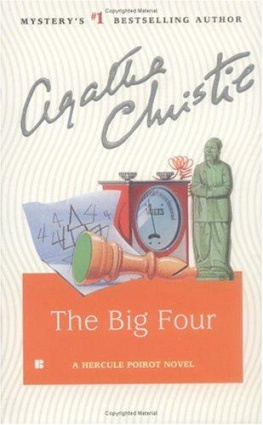
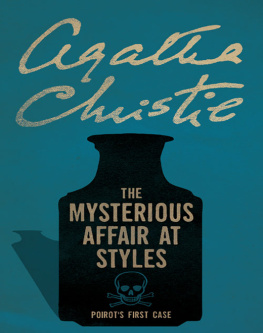
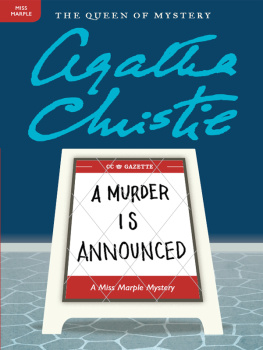
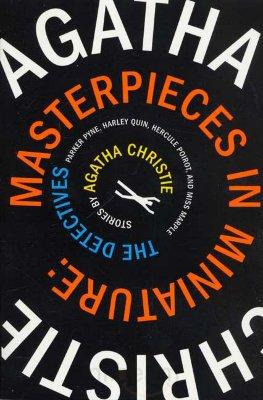
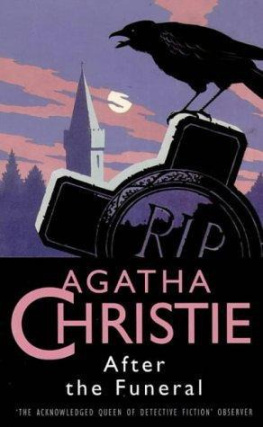
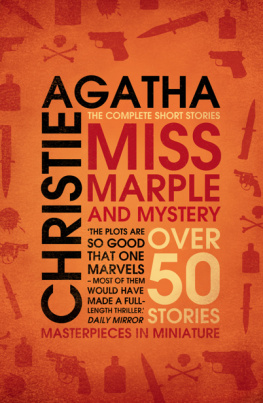
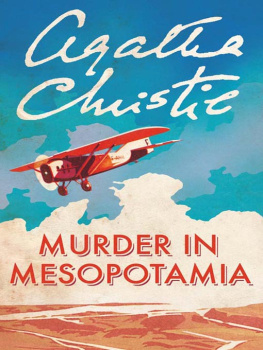

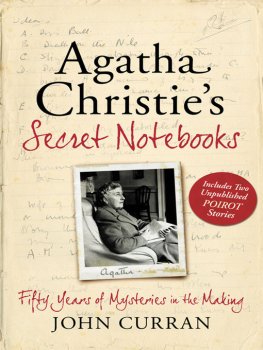

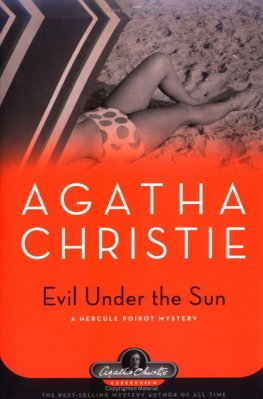
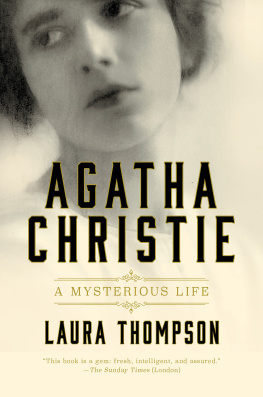

![Agatha Christie [Agatha Christie] - Problem at Pollensa Bay](/uploads/posts/book/140367/thumbs/agatha-christie-agatha-christie-problem-at.jpg)
